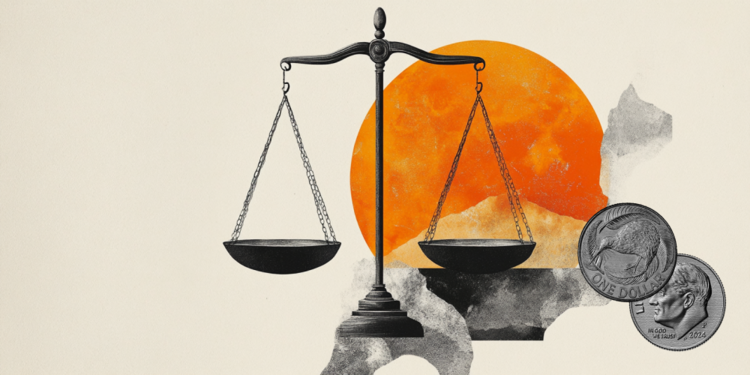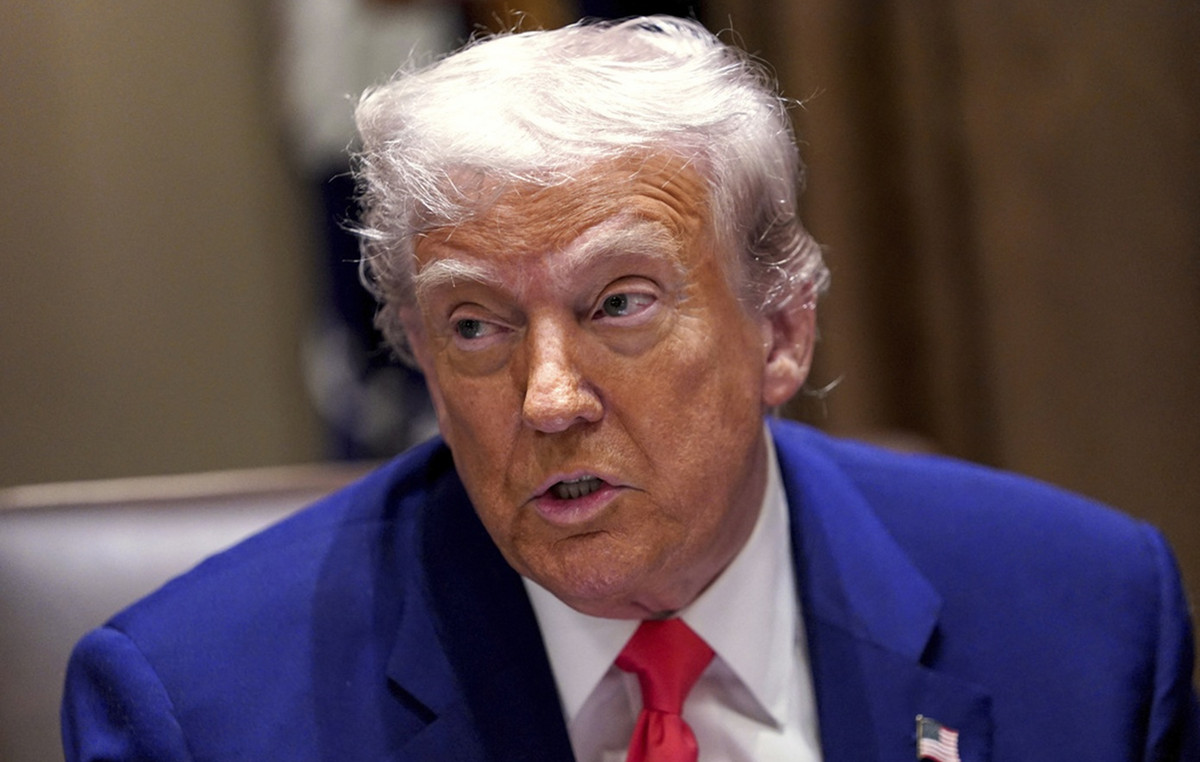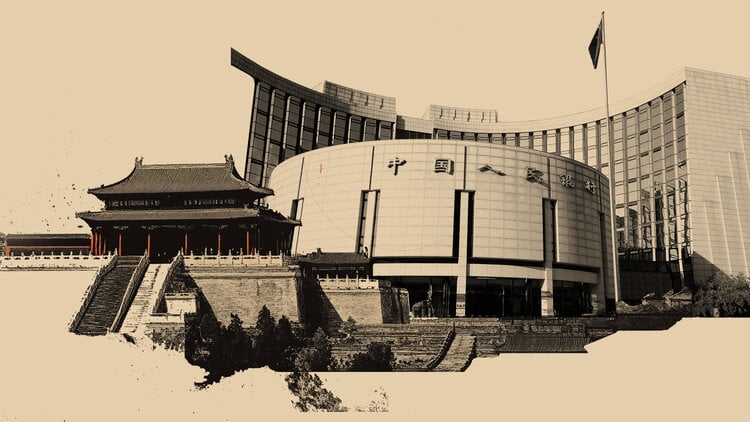Some offshore (foreign) bond holders of Evergrande they did not receive coupon payments at the end of a 30-day grace period, said five people with knowledge of the matter, pushing the cash-strapped real estate developer closer to formal default.
Adding to the once bubbling liquidity crisis real estate market gives China, the small company Kaisa Group Holdings is also unlikely to meet the deadline to pay off US$ 400 million of its offshore debt on Tuesday (7), said a source with direct knowledge of the matter.
Evergrande’s failure to make $82.5 million in interest payments due last month would trigger it to cross-default its roughly $19 billion in international bonds and put the developer at risk of becoming China’s biggest defaulter – a possibility hovering over the world’s second-largest economy for months.
Failure to pay by Kaisa would take the title of 6.5% of the company, the largest holder of debt China offshore among developers after Evergrande, to a technical default, generating cross-defaults on their offshore bonds totaling nearly $12 billion.
Evergrande did not respond to Reuters’ request for comment. Kaisa, which in 2015 became the first Chinese developer to fail to pay an offshore bond, declined to comment on the case.
All sources declined to be named because they were not authorized to speak to the media.
Evergrande was once China’s leading real estate developer, with more than 1,300 real estate projects. With $300 billion in liabilities, it is now at the center of a real estate crisis in China this year that has crushed nearly a dozen smaller companies.
The government has repeatedly said that Evergrande’s problems can be contained and measures to increase liquidity in the banking sector, along with the company’s plans to proceed with restructuring its foreign debt, have helped to reassure global investors.
Everbright Sun Hung Kai Securities strategist Kenny Ng said investors had expected Evergrande to default and “just wait and see when it happens.”
“At the same time, investors are watching Evergrande’s development, including whether it is moving towards a debt restructuring or its creditors repayment plan,” said Ng.
Evergrande has not issued any communication to bondholders about the missed payment, one of the five sources said.
The developer had said on Monday (6) that it had established a risk management committee that included officials from state entities to help “mitigate and eliminate future risks.”
This came after he claimed that creditors had demanded $260 million and that he could not secure funds to pay off the debt, prompting officials to convene their president and reassure markets that broader risks could be contained.
The rating agency S&P said on Tuesday that demand for a $260 million refund showed Evergrande’s liquidity remains “extremely weak,” with a default looking unavoidable, especially given maturities totaling $3.5 billion in March and April 2022.
sunk business model
So far, any negative fallout from Evergrande has been largely contained in China, and with lawmakers becoming more vocal and markets more familiar with the issue, the consequences of its problems are less likely to be felt widely, market observers said. .
State involvement and hopes for a managed debt restructuring helped lift Evergrande’s stock up to 8.3% on the day, after plunging 20% to a record low at closing. Still, it ended Tuesday up just 1.1% as its bonds continued to trade at troubled levels.
The notes due November 6, 2022 – one of two with a coupon payment term that ended at midnight on Monday in Nova York – were traded at US$ 18,282 cents, according to data from Duration Finance, and little changed from the previous day.
Founded in 1996, Evergrande epitomized an era of borrowing and building. But that business model has been undermined by hundreds of new rules designed to curb the developer’s debt frenzy and promote affordable housing.
Evergrande became one of several developers subsequently deprived of liquidity, leading to offshore debt defaults and credit rating downgrades, along with a drop in the value of the developers’ stocks and bonds.
A number of developers struggle to raise funds by selling stocks and assets. Only a few found buyers.
Shimao Group and Logan Group on Tuesday announced a top-up equity placement to raise about $150 million each, while Guangzhou R&F Properties said it has agreed to sell a 30% stake in a Guangzhou logistics park.
For Kaisa, the risk of default came after it failed to strike a note swap deal with bondholders last week.
To avoid default, holders of bonds with more than 50% of the notes due December 7 and Kaisa’s $5 billion notes sent the company a draft Monday night payment tolerance. fair, said a separate source with direct knowledge of the matter.
Even in the case of a technical default, Kaisa and offshore bondholders could discuss the terms of tolerance, said two sources with knowledge of the matter.
Kaisa, whose shares rose 1.1% on Tuesday, said it was open to discussion about tolerance, without giving details.
Sources previously said bondholders offered Kaisa $2 billion in financing last month, but the offer had not progressed.
Reference: CNN Brasil
I am Sophia william, author of World Stock Market. I have a degree in journalism from the University of Missouri and I have worked as a reporter for several news websites. I have a passion for writing and informing people about the latest news and events happening in the world. I strive to be accurate and unbiased in my reporting, and I hope to provide readers with valuable information that they can use to make informed decisions.







